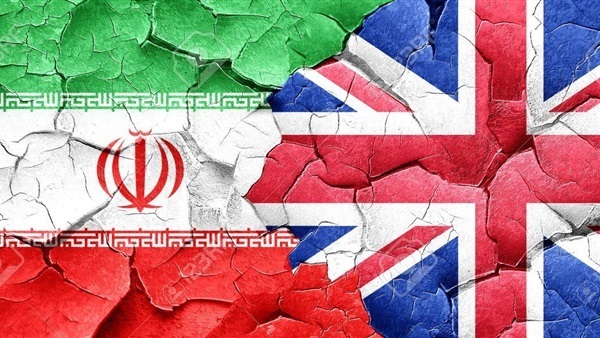Trembling on the rope of politics: Mullahs and Britain between the white list and the black swirl

In light of the campaign launched by the
mullahs' regime against Iranian journalists and the Iranian media opposing it,
especially those that display the repressive means committed by this regime
against its people, in addition to exposing its acts of corruption as well, and
therefore the British Journalists Syndicate demanded in a statement 26 November
2019 that Iranian government halts the harassment of employees of Iran
International and the BBC.
The terror of the mullahs
According to a statement published by the
website Iran International, the British Syndicate confirmed that in recent
days, Iranian officials threatened journalists working for both Iran
International and the BBC in Farsi, and their family members were threatened
and harassed.
The British union said that the Iranian
intelligence summoned the relatives of some journalists from Iran International
and told them that the staff of the site would be at risk of forcible return
from Britain to Iran, if they did not resign from the channel.
The statement noted that the Iranian security
authorities want to suggest that Independent media outside Iran are behind the
recent protests, prompting them to take these arbitrary measures against
journalists opposed to them.
In this context, the Secretary General of the
British Journalists Syndicate Michel Stein Street highlighted the threats of
the Iranian regime of journalists, indicating that the Iranian regime has used
harsh methods to threaten and terrorize journalists in Britain and around the
world.
He stressed that the syndicate and all those
determined to support media freedom will do their utmost to prevent the Iranian
government from imposing silence on journalists.
Fear of the media
The British union's statement comes in
response to the official complaint filed by the Iranian embassy in London to
the British Communications Office on Saturday, November 23, 2019, demanding the
closure of Persian-language television channels in the UK because of its call
for what the embassy described as violence against civil institutions, and
misrepresentations of recent events.
What happens on the part of the mullahs'
regime against the free and independent media confirms that this system fears
this media, which exposes its crimes, violations and repressive methods against
its people.
The suppression of the mullahs against the
media is not limited to the Iranian media but it has led to the closure of the
foreign media so that the Iranian people do not know the crimes committed by
their regime, and so that these means do not display the secret of this regime.
Therefore, on November 26, 2019, the Iranian
government developed a so-called “white list”, which includes sites that are
allowed to be accessed and used by governmental organizations and private
companies.
Iranian violations and British responses
In a statement to the Reference, Ahmad Qabal,
a researcher on Iranian affairs at the Al-Ahram Center for Political and
Strategic Studies, said that in light of the repression and tyranny that the
mullahs system deliberately practices against the Iranian people, this system
is misleading the media on Iranian and international media platforms, through
anti-corruption slogans , either by exerting pressure on staff or influencing
them through a network of Iranian agents.
Qabal pointed out that Britain, as one of the
Western countries supporting the Iranian opposition, was a key party in
confronting these Iranian actions.
Therefore, the British newspapers have
condemned the days of the Iranian authorities cutting the Internet service,
denouncing the human rights violations and the oppression against the Iranian
protesters.
The British are one of the open gates; to
convey the reality of events inside the Iranian street; which irritated the
Iranian regime and pushed for more confusion, especially as Britain in terms of
freedoms and human rights has a prestigious international status and a strong
impact on public opinion.







